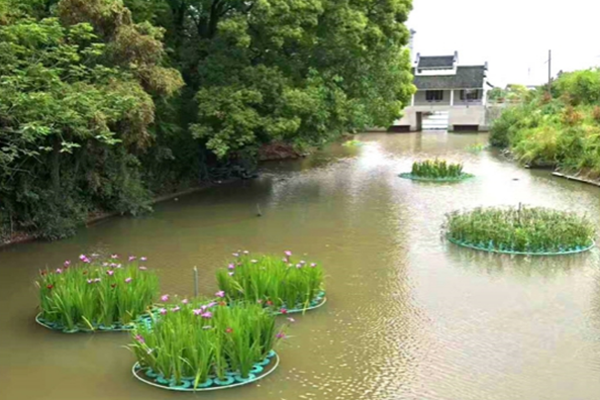From source to destination: an effective approach to river governance
River training is an important part of maintaining water resources and ecosystems. The aim of governance is to achieve high water quality, ecological sustainability and the maintenance of ecological security from the source to the end of the river. Effective river governance methods can promote ecosystem restoration, reduce pollutant discharge, improve water quality and maintain the balance of the natural environment.
First, river water quality monitoring is an important aspect of river management. Through regular testing of water quality, we can find out the trend of water quality changes in rivers, analyze pollution sources and discharge outlets, and take corresponding measures in time. The monitoring process should focus on the accuracy and timeliness of the data. At the same time, it is necessary to establish a sound monitoring system, so that the government, enterprises and the public can realize information sharing and cooperation.
Secondly, environmental education is also an important aspect of river management. Publicize and educate public awareness, promote the concept of environmental protection, cultivate citizens' awareness of environmental protection, and encourage residents to take proactive environmental protection actions to improve their environmental consciousness. The government can promote the concept of environmental protection by carrying out environmental publicity and education activities and organizing environmental volunteer activities.
Thirdly, the reduction of pollution sources is one of the focuses of river management. The government should strengthen environmental supervision, standardize the discharge standards of enterprises, strengthen the control of pollutants, and reduce the impact of pollution sources on river water bodies. Meanwhile, for key discharge enterprises, more stringent discharge license management, monitoring and approval should be carried out. For household and community sources of pollution, residents need to be guided to take measures to reduce pollution.
Fourth, ecological restoration is also an important aspect of river management. In response to the ecological problems in the river, the government can carry out ecological restoration by repairing the riverbanks, re-vegetation, and wildlife protection. This can make the river ecosystem healthier and favorable to the development of biodiversity.
Fifth, ecosystem protection is one of the important aspects of river management. It is necessary to strengthen the management and protection of river protection zones, formulate laws, rules and regulations on ecological environmental protection, and strictly supervise and crack down on illegal behaviors. At the same time, the Government should promote public participation in ecological protection and raise residents' awareness of river protection.





